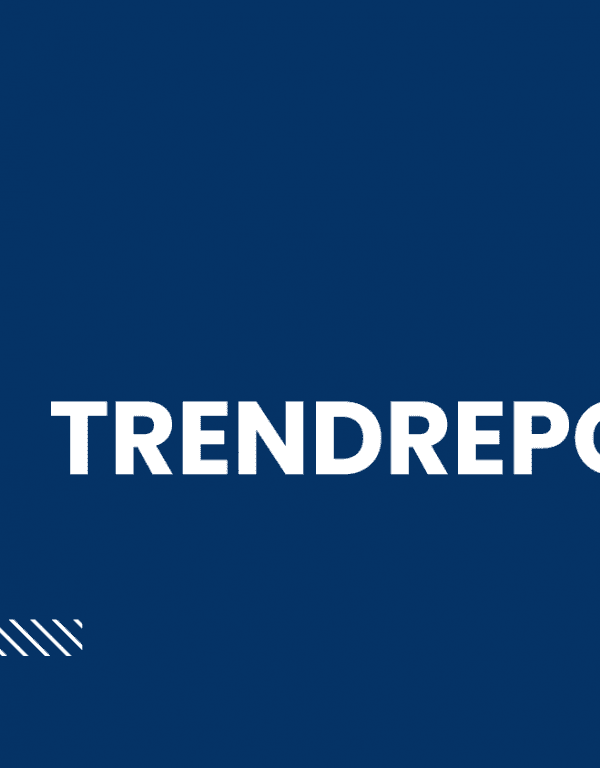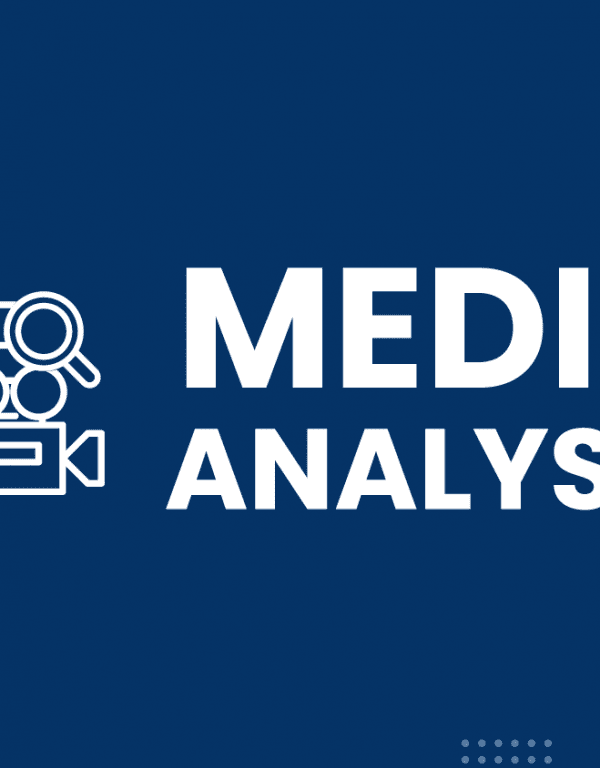
For today’s predictions, we’re looking at mobility:
· The three most important aspects of the future of tech in 2013: mobile, mobile, mobile. We said this last year, too, but we’re not being lazy. More than anything else, what’s driving innovation is the need for mobile access. The great enablers of mobile include: Increased wireless network speeds and the increased push of cloud computing. It’s in developing the latest apps to serve the latest tablets, smartphones and hybrids. It’s why PC manufacturers that have killed development of their handheld or mobile units (like Dell) will face trouble over the next few years because interest is so strong in mobility and interconnectedness. We don’t necessarily want to use our phones to actually speak to other people but we want phones that have apps that allow us to communicate with our appliances (even if we’re not home), to allow us to work (even if we’re not in the office), to shop for and pay for items (whether we’re in the store or at the beach), and to access information we need with no connectivity or bandwidth issues. This focus on mobility, along with the interconnected issues, will continue to define the rest of the decade. Look for the rise of a new CMO – not chief marketing officer but chief mobility officers: people whose job it is to ensure a company’s products are all optimized for mobile. But also expect that job to have a short lifespan because, for most companies, if your products are not optimized for mobile by 2018, you may not be in business. Also important is mobile ads and mobile search.
· Forecast: cloud is everywhere. Cloud computing, which stores applications and content offsite so you can access it on any device, is a big driver of mobile computing. In 2013, more companies will rely on the cloud for access to proprietary information that would have been inconceivable just a few years ago. And while the benefits of cloud computing includes lower cost, there could be a backlash about hidden costs as consumers realize that over time they may be paying out more than if they relied on portable storage devices, which are less convenient but offer a one-time cost. (Of course, another benefit to the cloud is that your content is automatically backed up elsewhere by your cloud provider.) We also expect a few outages this year that but that they won’t have much impact on the cloud’s momentum. We also think that resistance to the cloud is futile.
· Bring Your Own Device to the office (BYOD) will be go mainstream. After increasing in corporate and media consciousness for the past two years, we expect that BYOD, a term that refers to employees using their own smartphones and tablets at work, instead of sometimes less-powerful, less user-friendly devices and applications, will become pervasive enough that the media will be able to refer to it without having to spell it out. (By the way, BYOD is another benefit of the cloud.)
· Mobile search: Search continues to be important, but mobile search, which includes hyperlocal functions (i.e., points of interest immediately around your smartphone), will become increasingly important in 2013. While Google has a tremendous lead, expect media coverage for smaller, as yet unknown but more focused players to emerge. After all, Google is a lot more than just a search engine; it’s about driverless cars, computerized glasses, etc.
Let us know if you agree or disagree. Check back tomorrow for additional predictions or click here for Part I, Part II or Part III.



